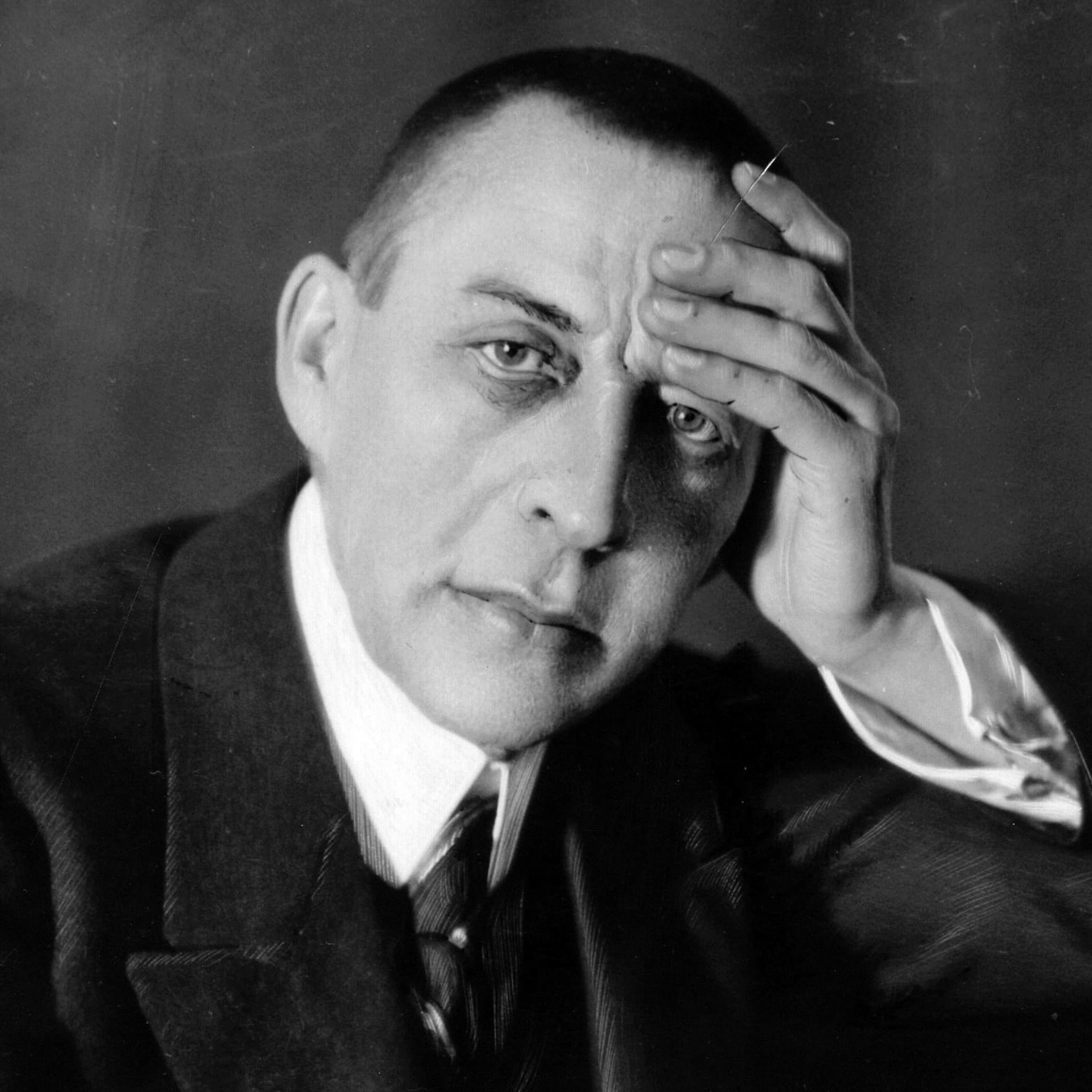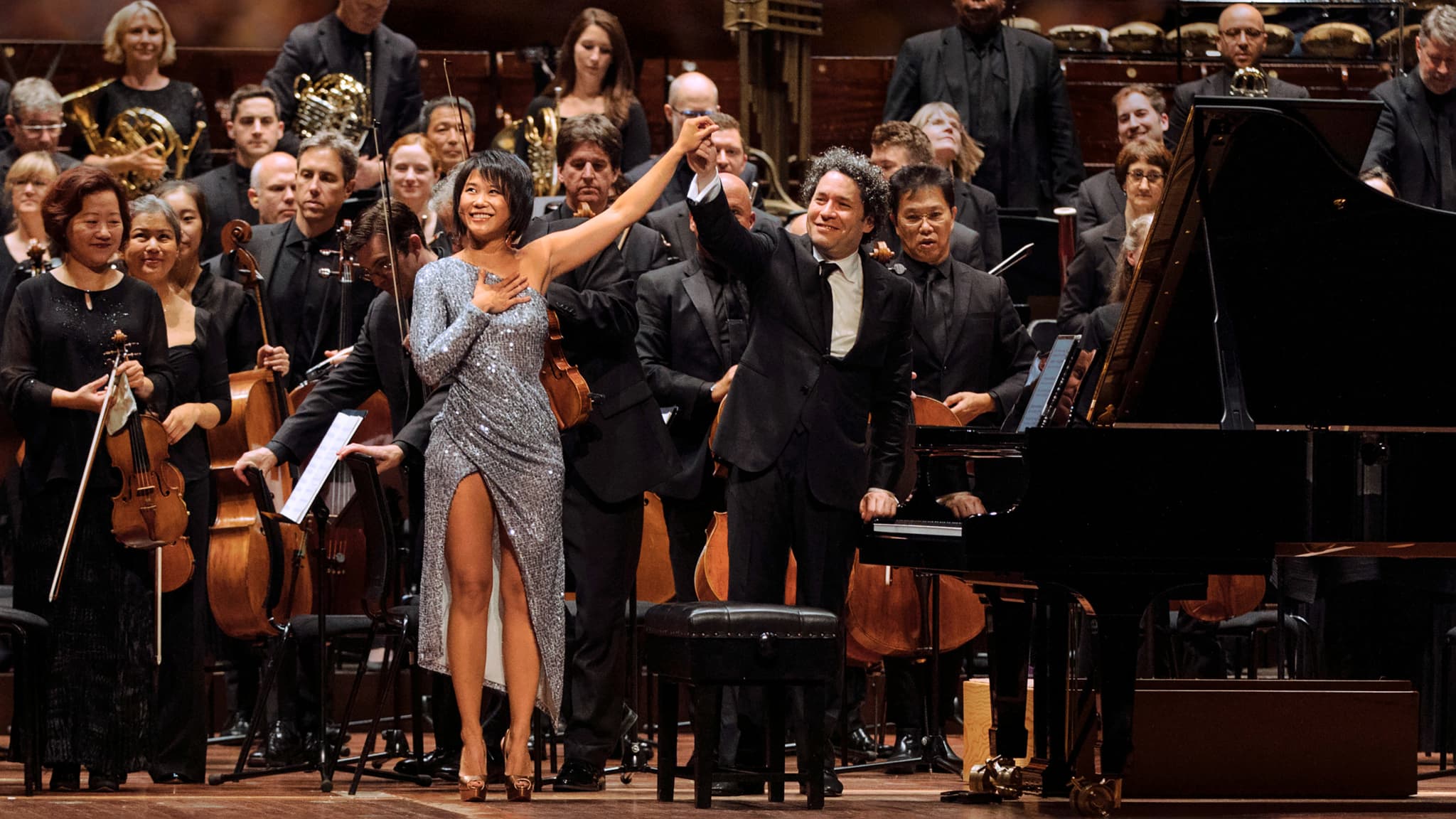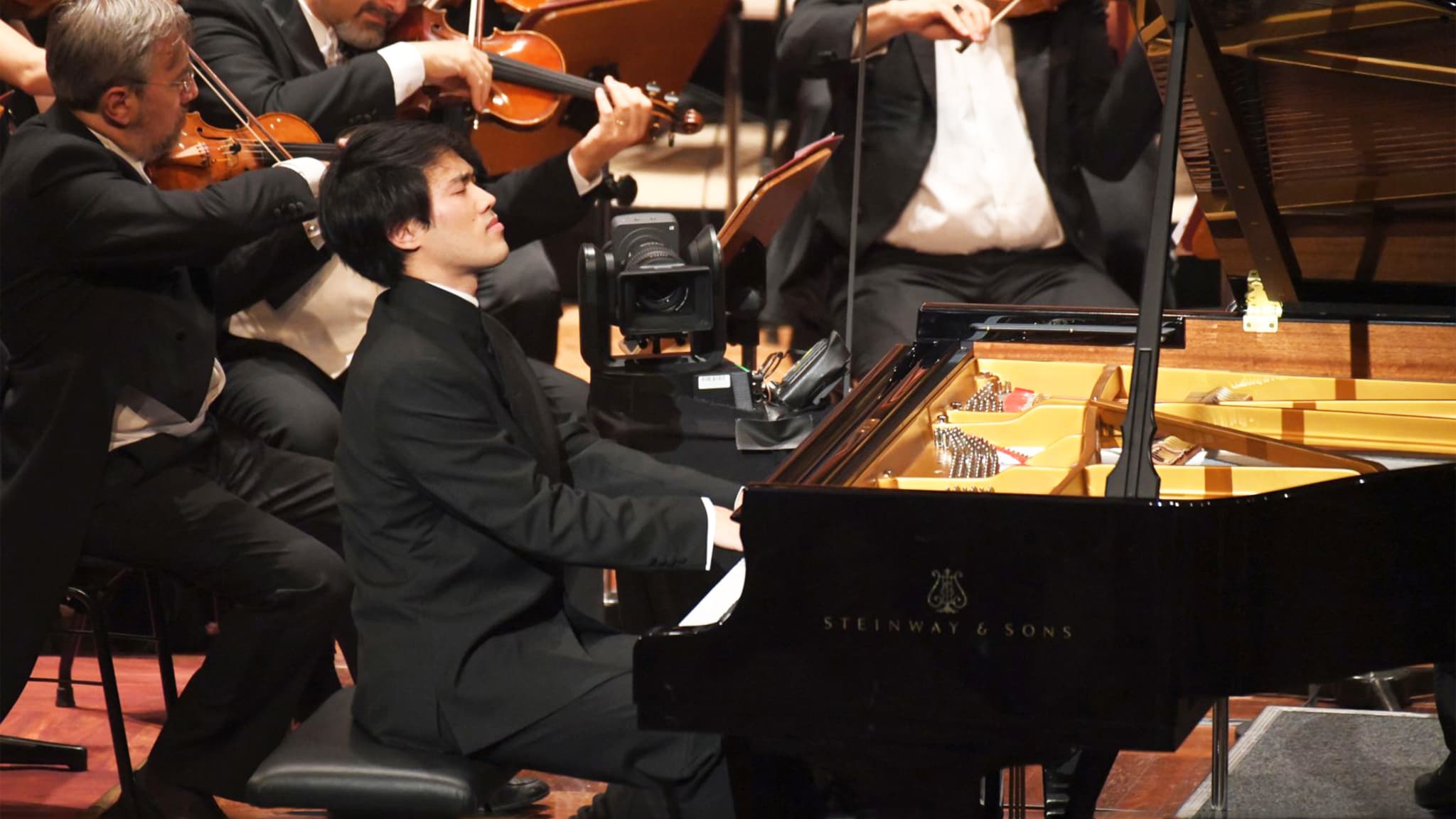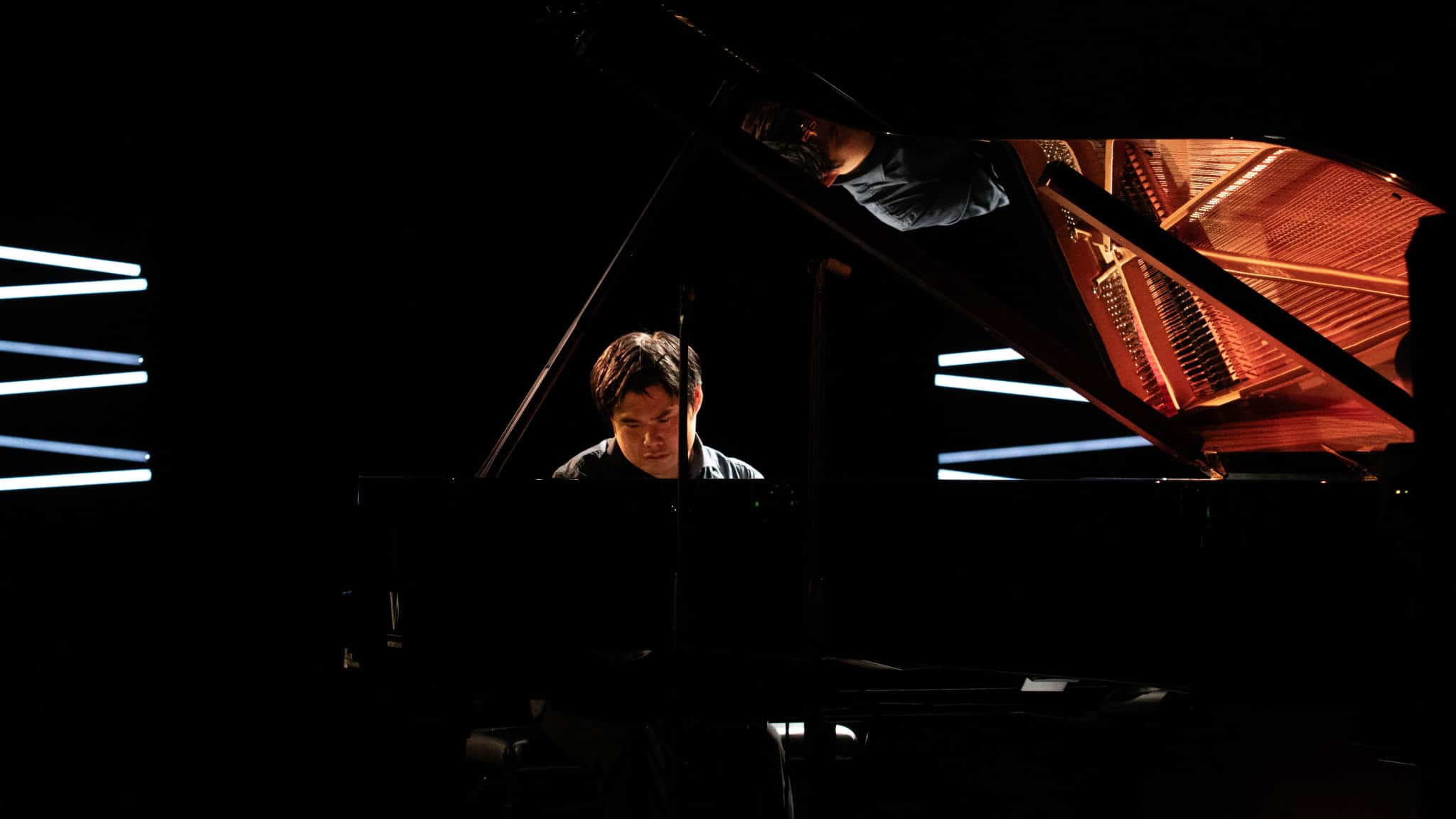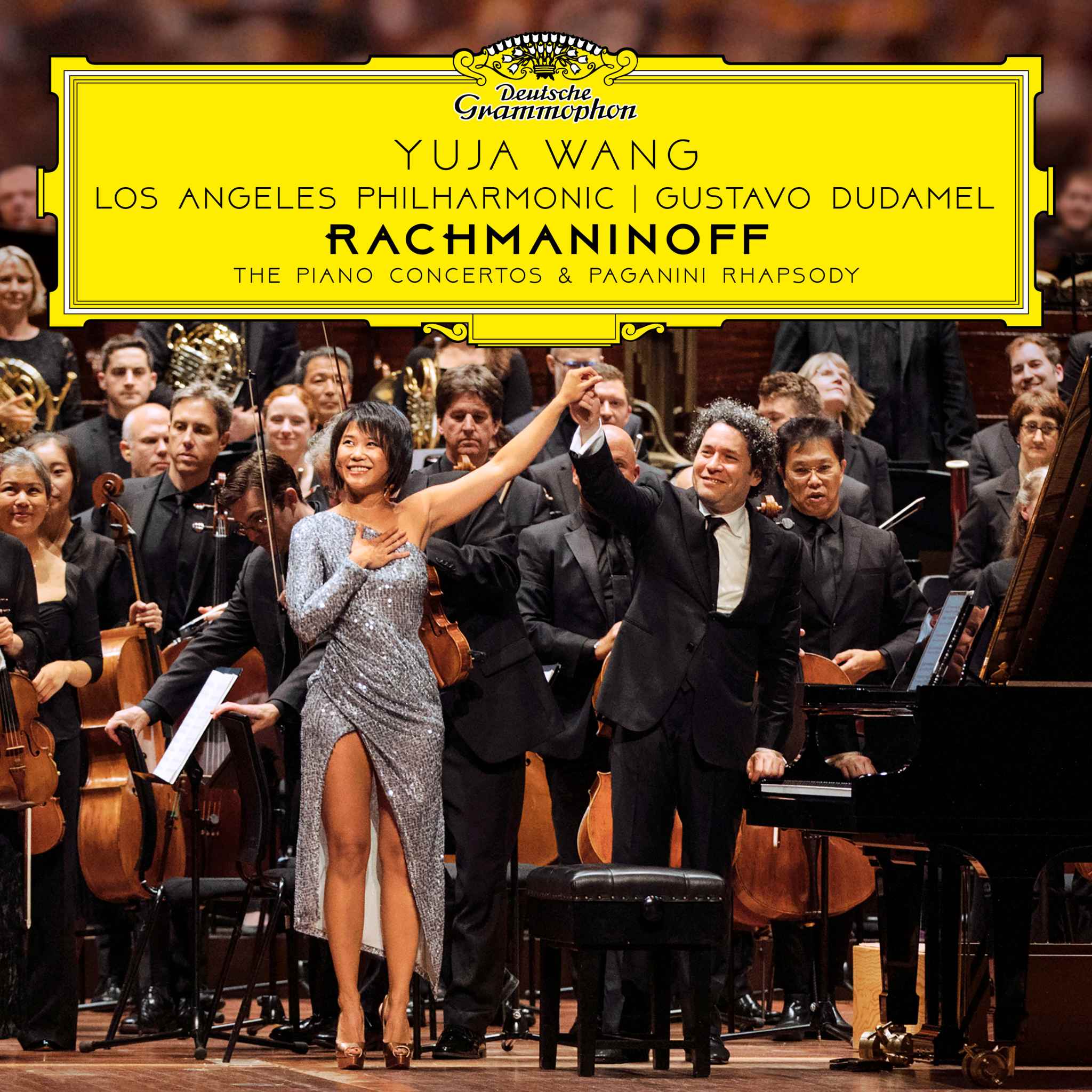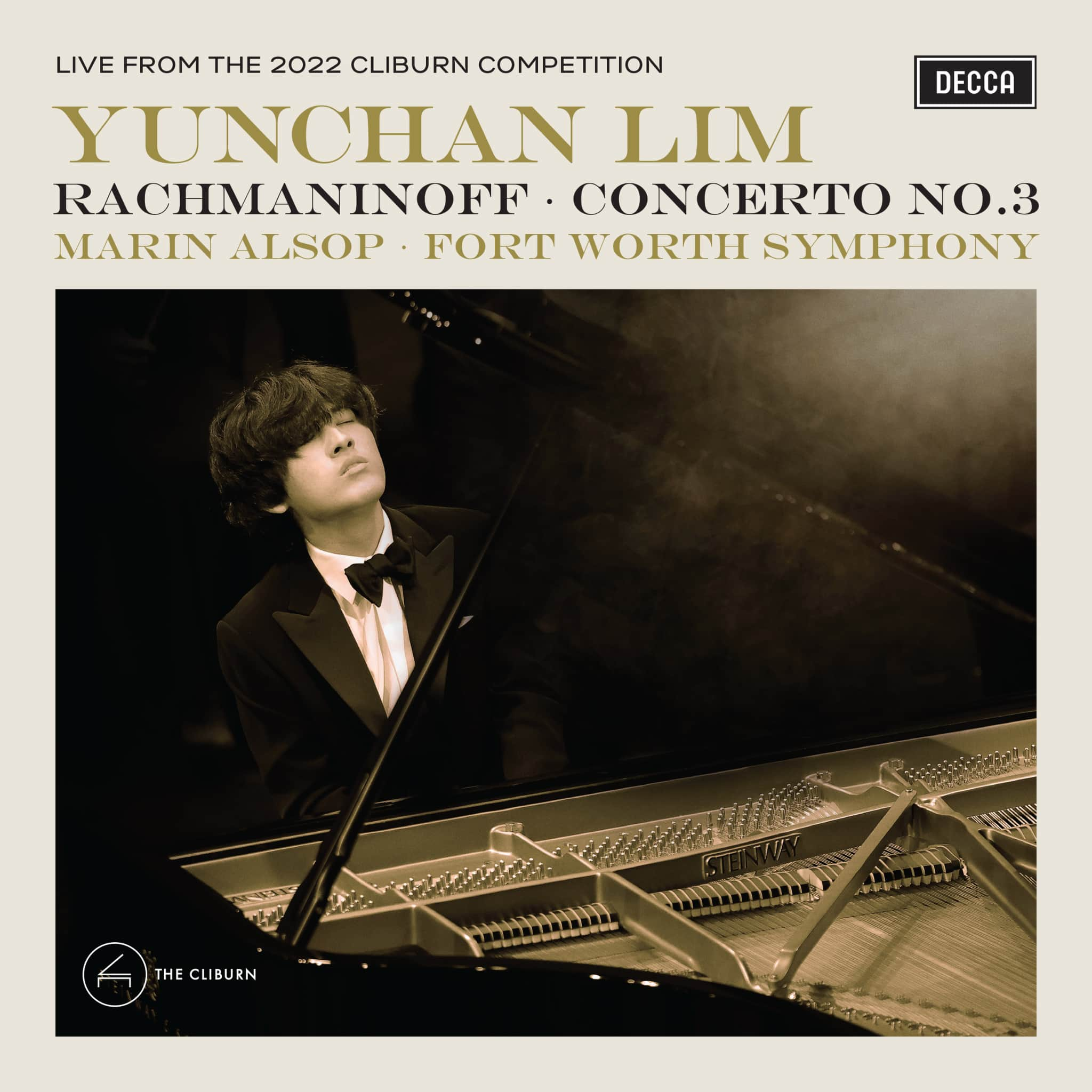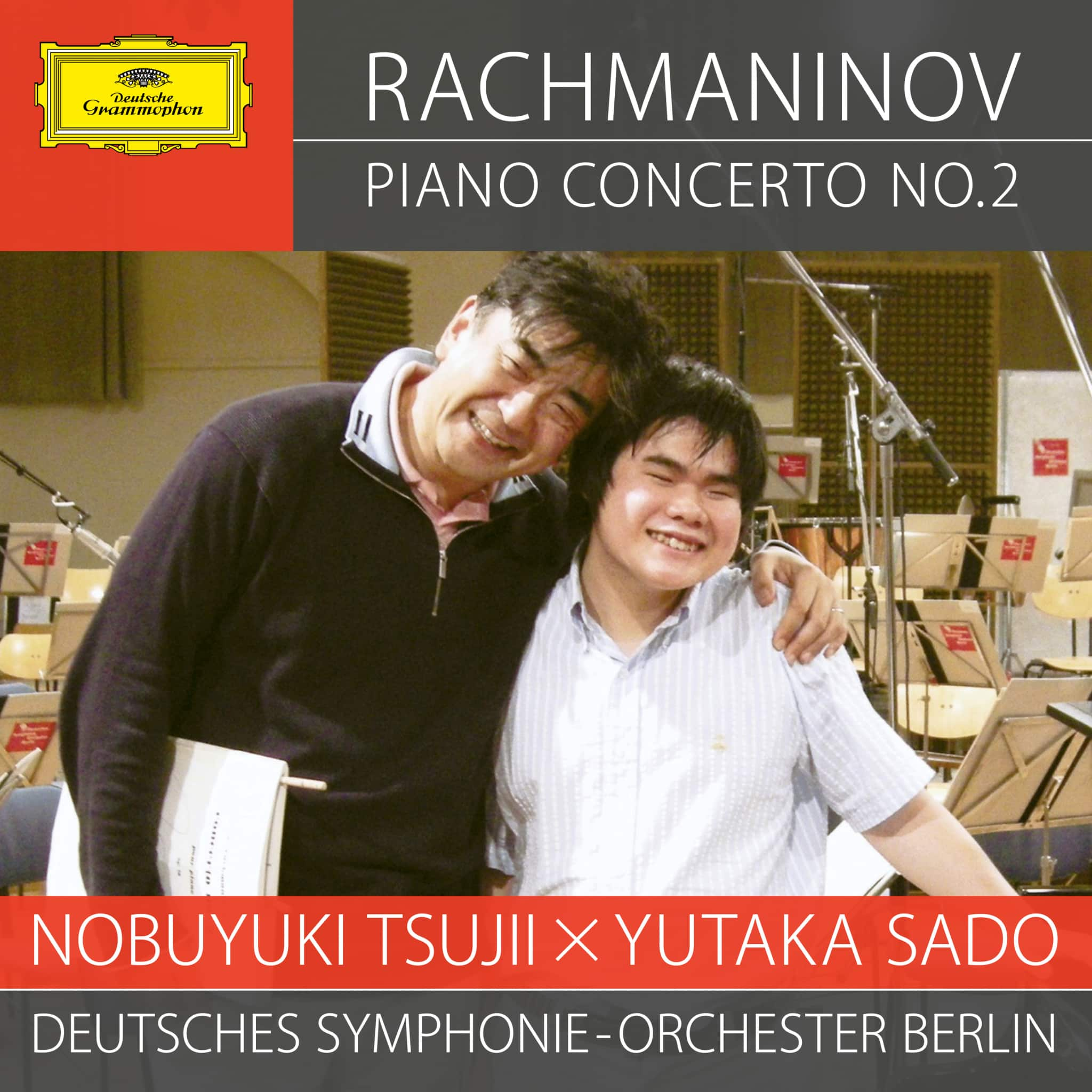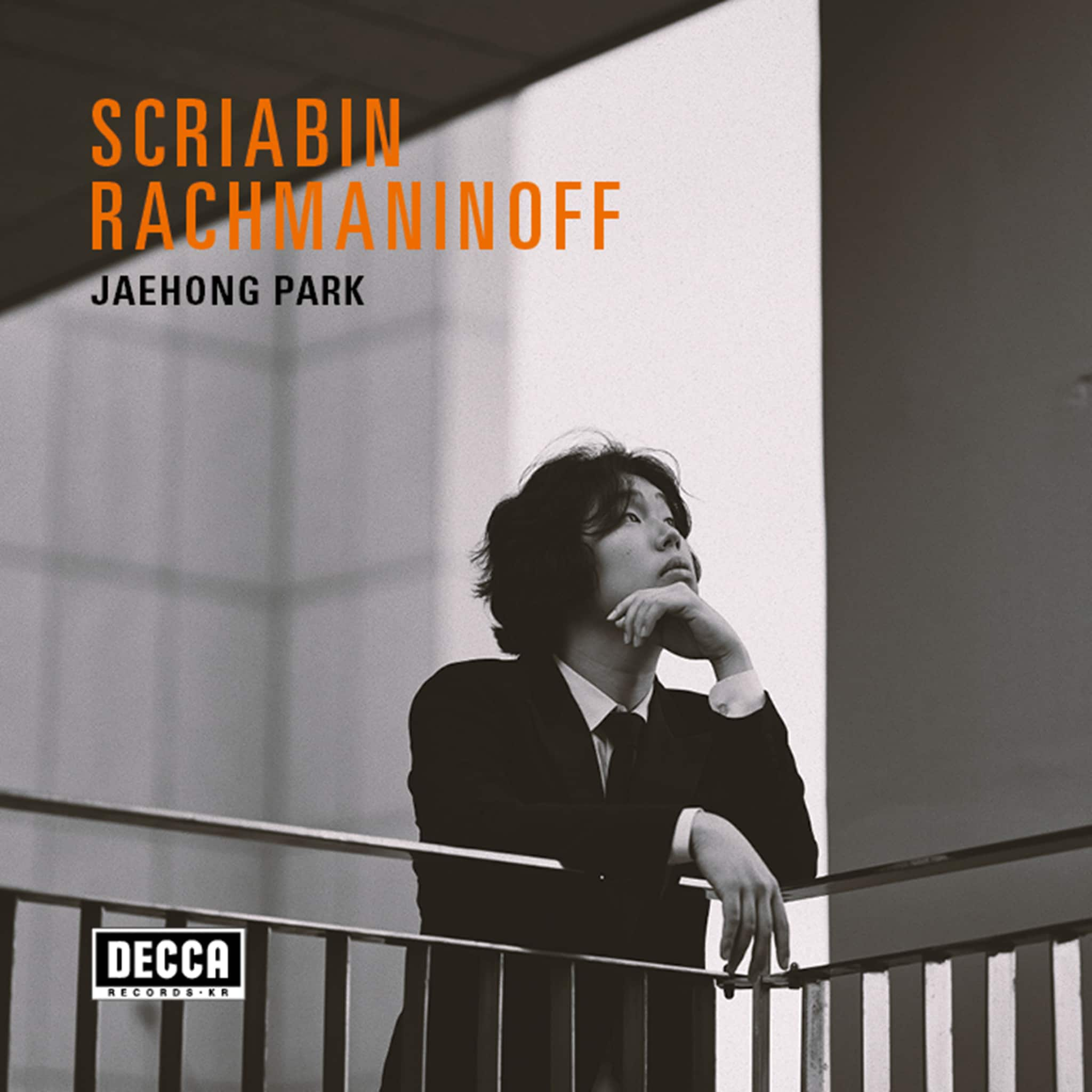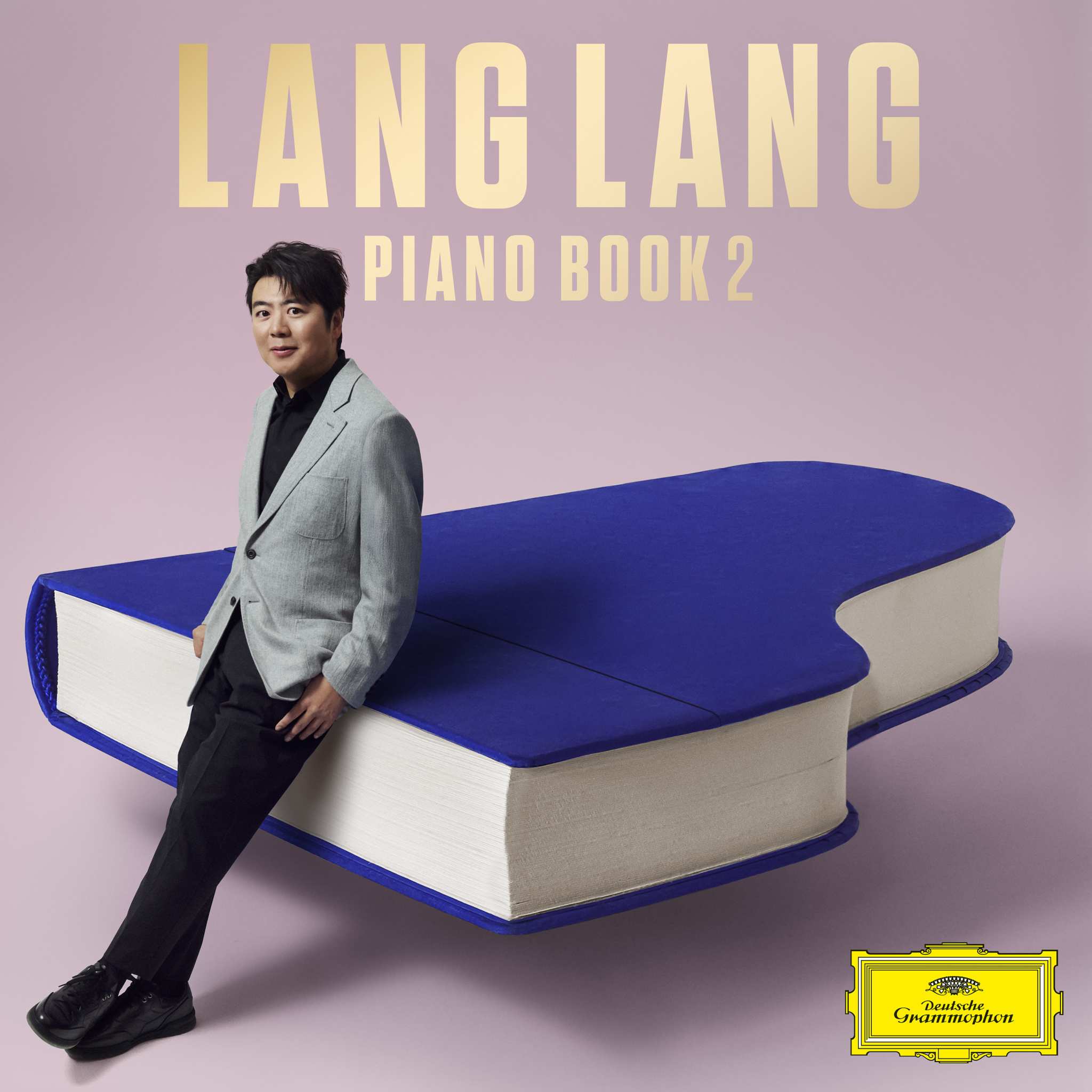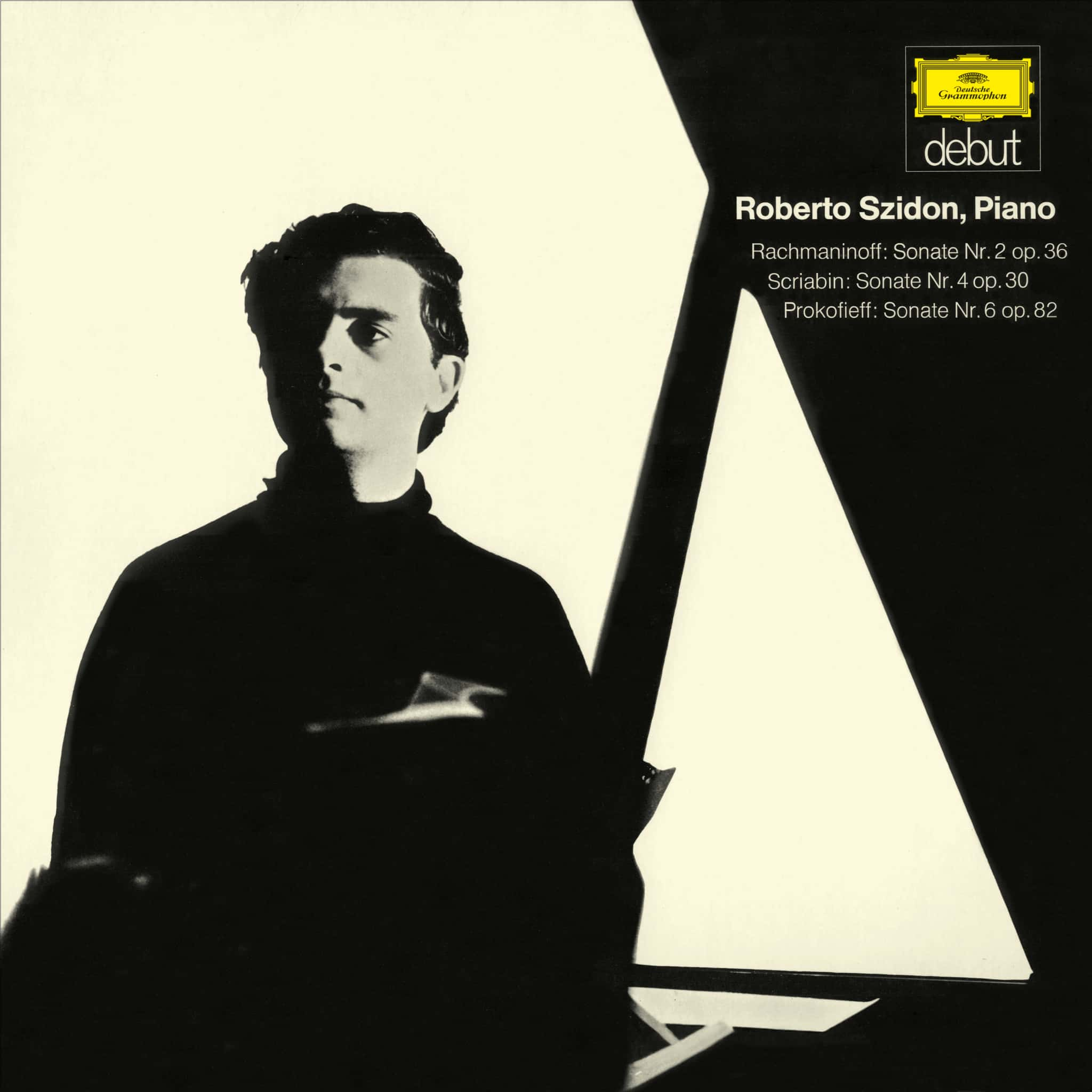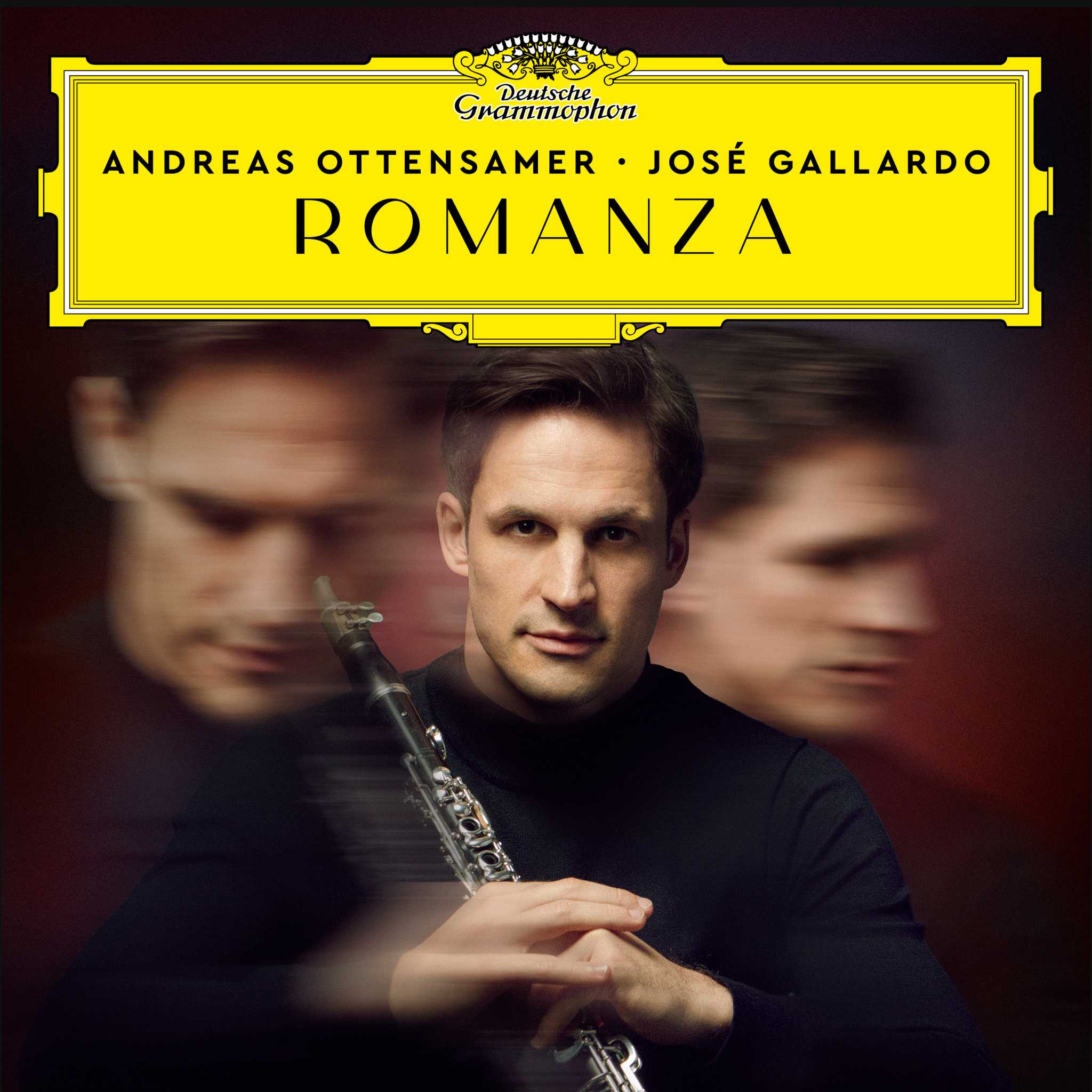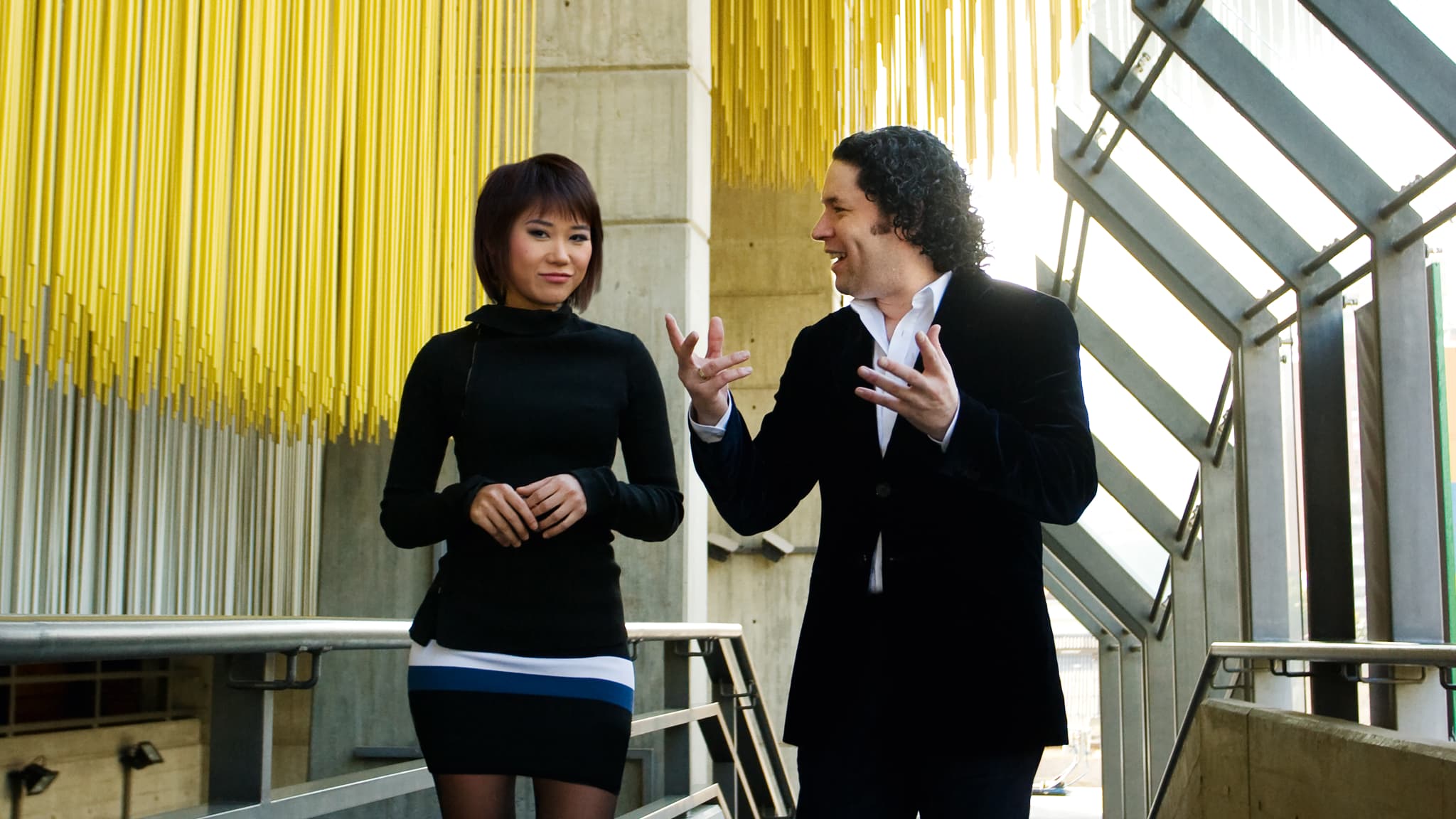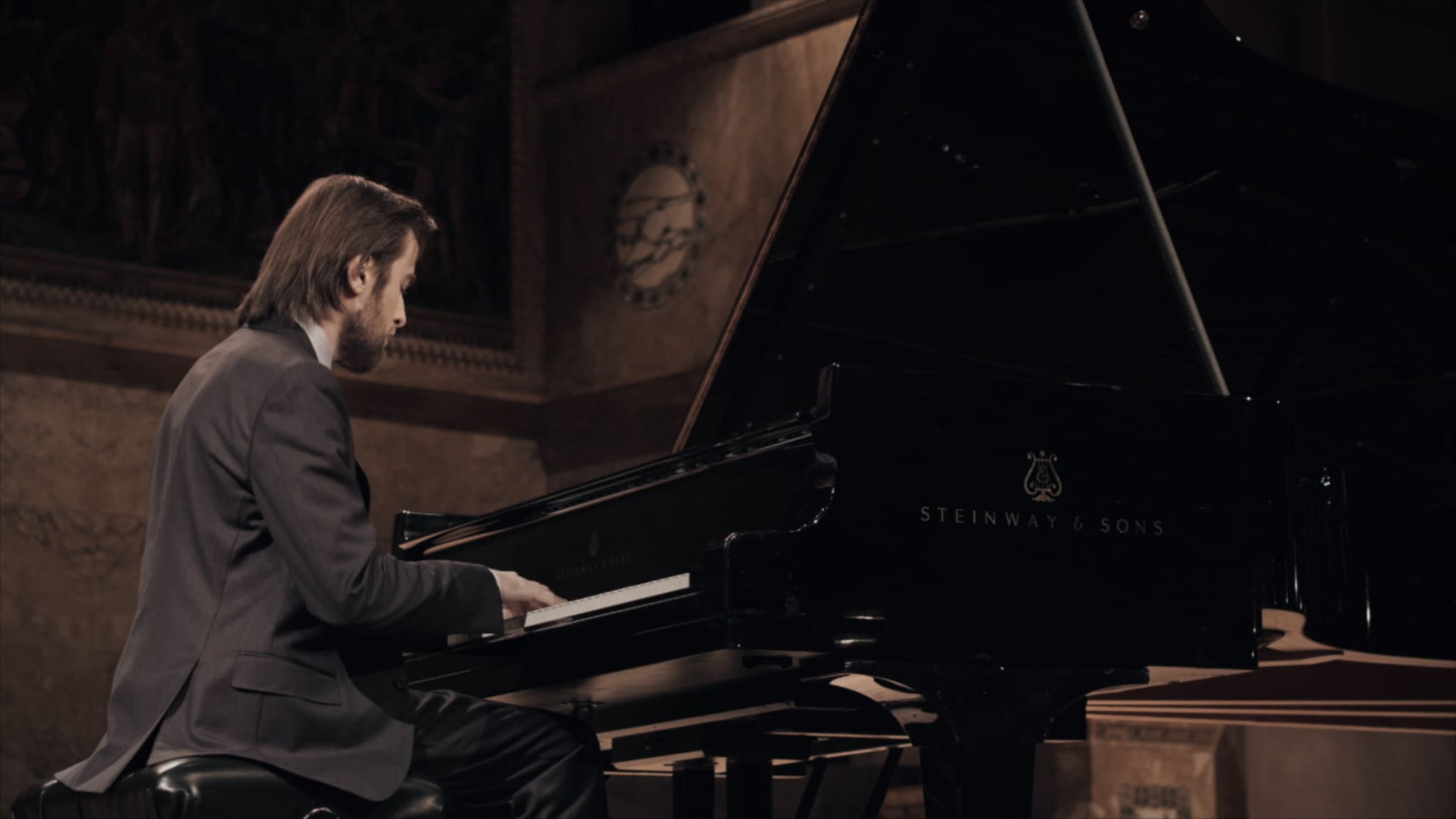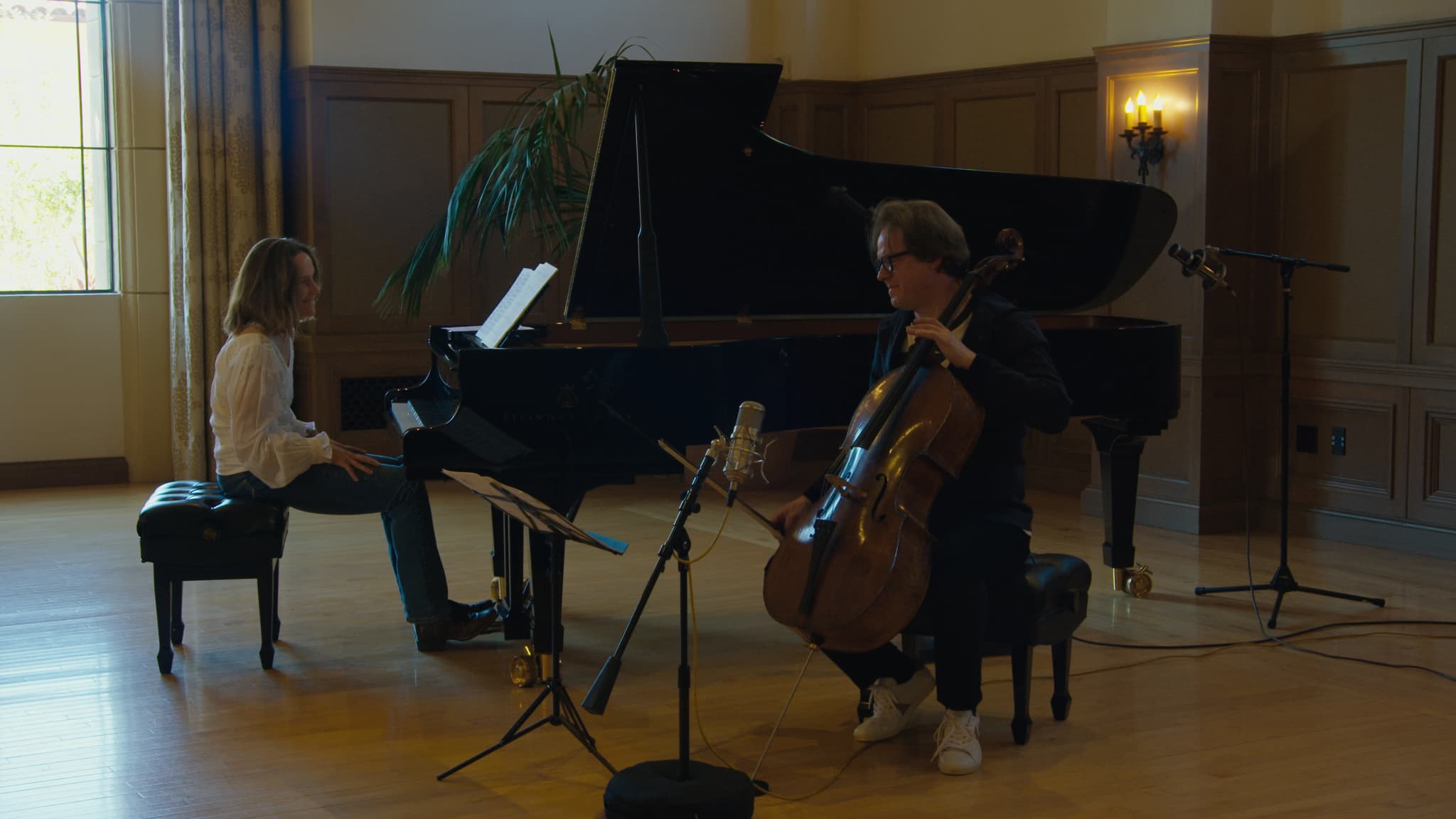AboutSergei Rachmaninoff
Sergei Rachmaninoff's music is characterized by sweeping melodies, virtuosic pianism, and heady orchestration. The strict regimen of his Moscow teachers equipped him first and foremost to be a concert pianist, but as a young composer he showed prodigious gifts, stunning his mentor Tchaikovsky with the C Sharp Minor Prelude and the one-act opera Aleko he composed while still in his teens. With the death of Tchaikovsky in 1893, the next few years of late adolescence were painful for the young composer, and an unhappy 1897 premiere for his First Symphony, conducted by an unstable Alexander Glazunov, plunged him into a deep depression that kept him from composing for three years. Only after consulting a hypnotist did his creative will finally return, and the success of his Second Piano Concerto, premiered in November 1901, encouraged him to continue composing.
Yet during that time, Rachmaninoff worked hard at nurturing another talent as an opera conductor. Rachmaninoff left behind only three much later recordings as a conductor, but they reveal a supreme flexibility and an unerring sense of structure. After several years of numerous concert tours at home and abroad and the outbreak of the Revolution, he left Russia for good to settle in the USA, where a brilliant career as a concert pianist awaited him. His opulent, darkly romantic, and unmistakably Russian music – especially the four piano concertos, numerous solo pieces, and the three symphonies – has lost none of its popularity in the concert hall. His extensive output also includes magnificent choral works and operas.
